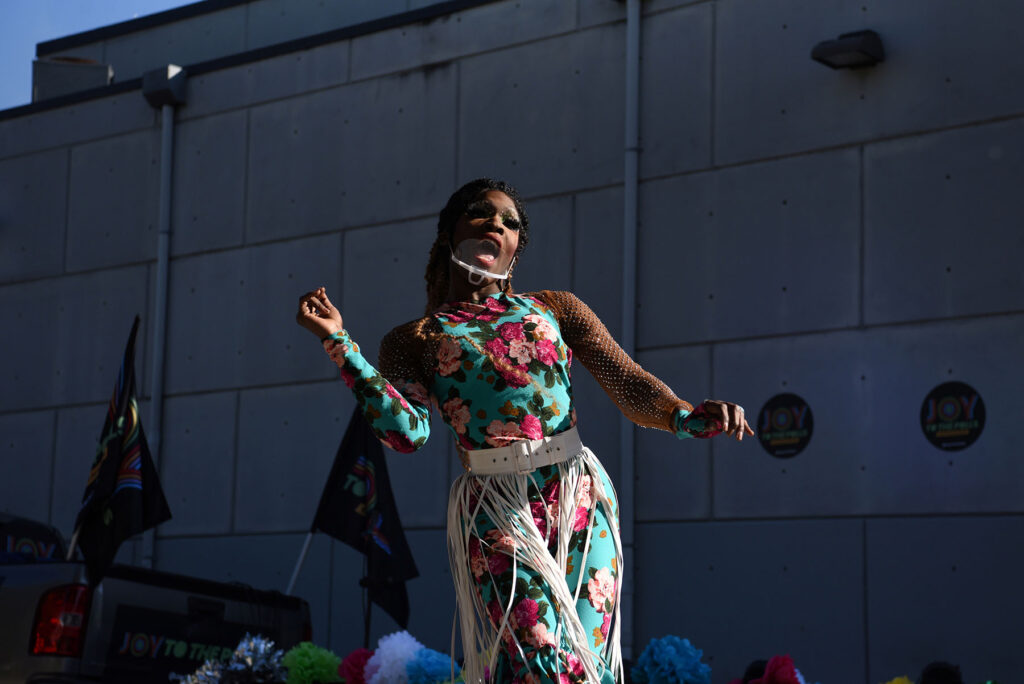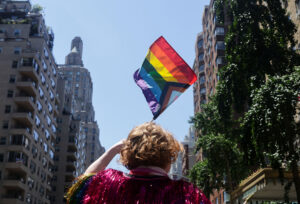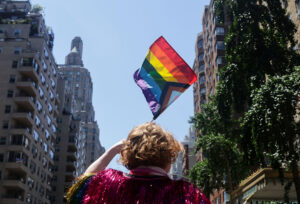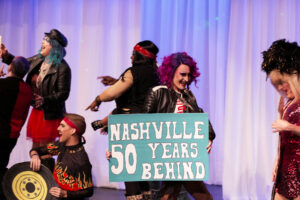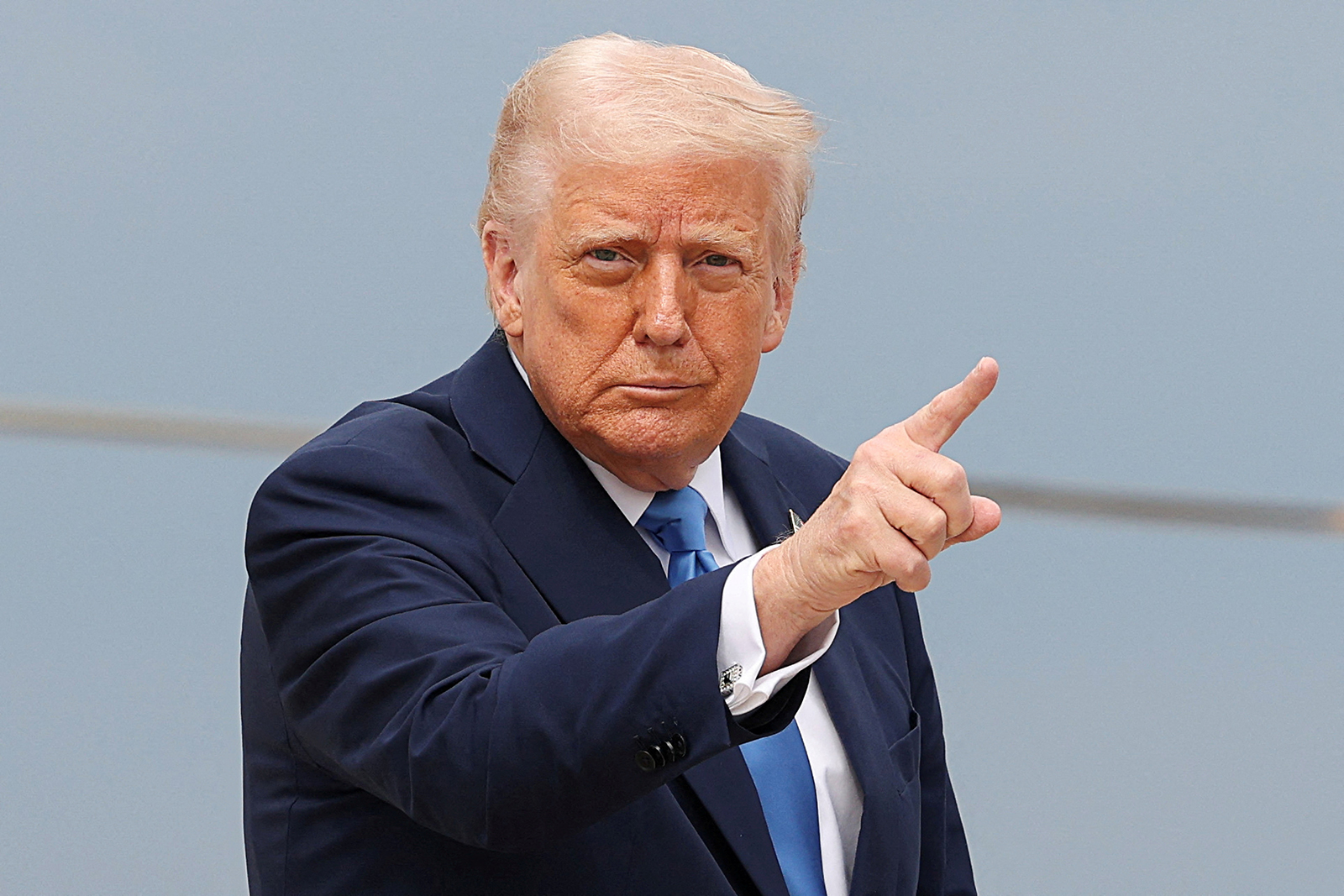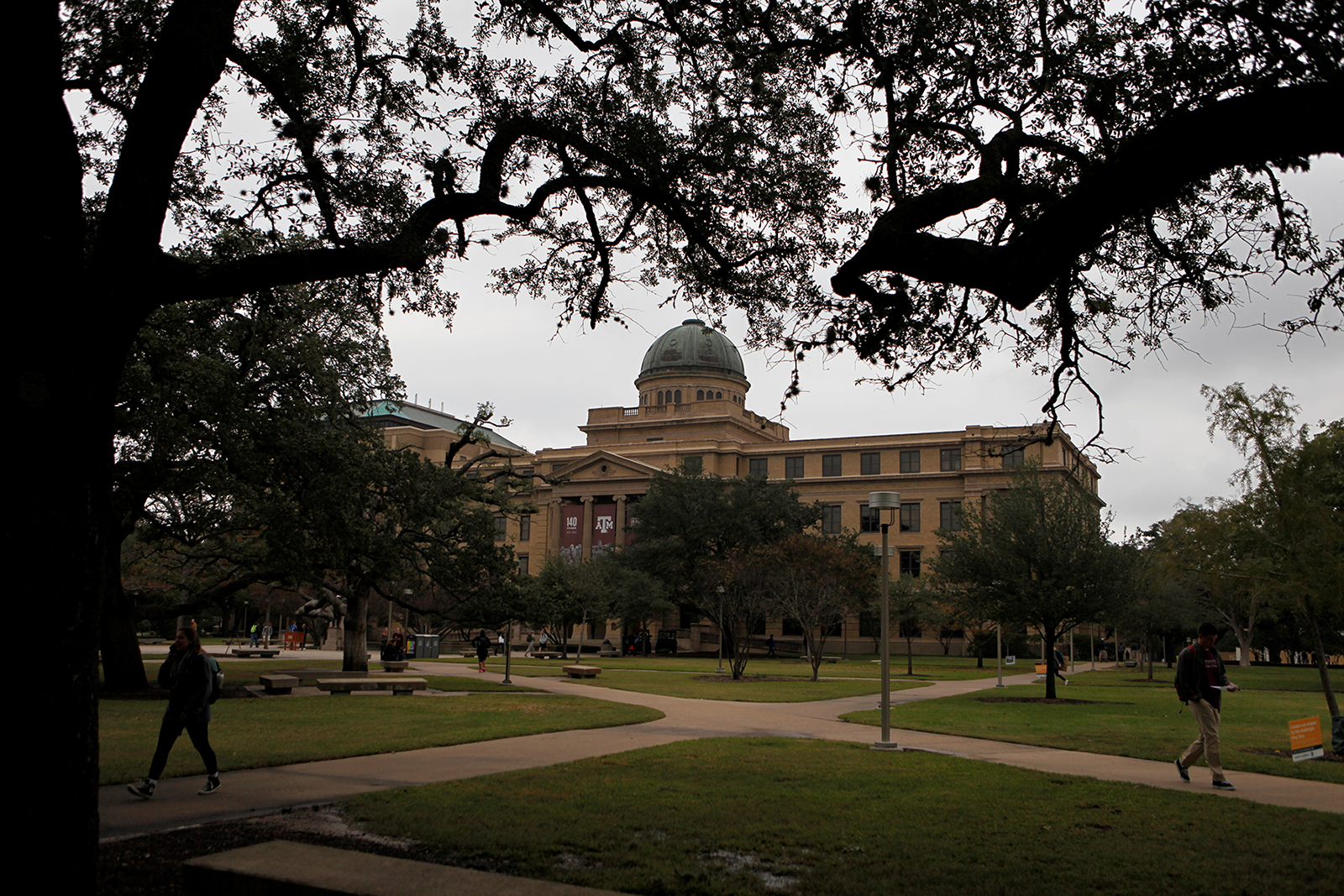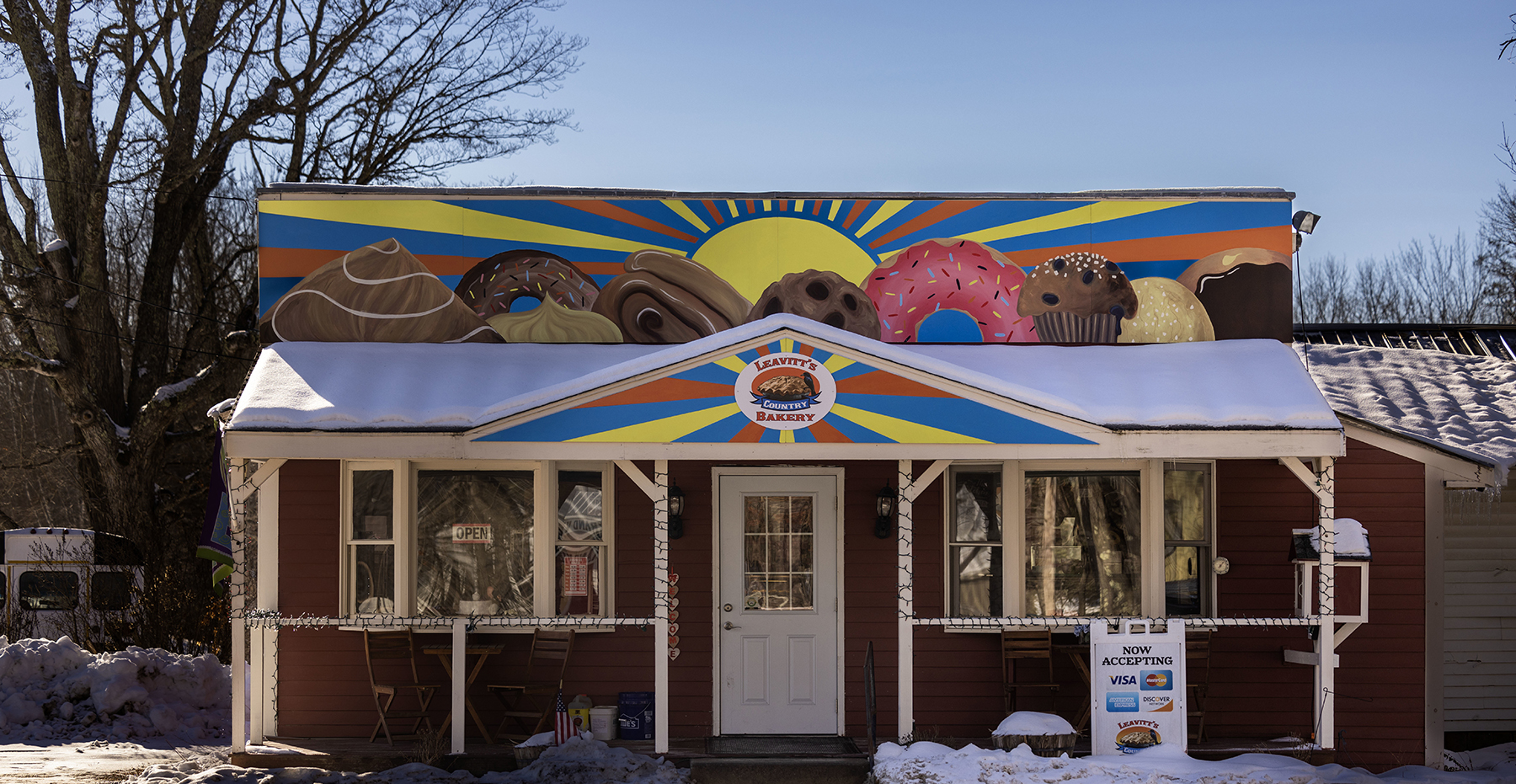A federal judge in Texas permanently enjoined the state’s law restricting public drag performances on Tuesday, declaring it an unconstitutional infringement on freedom of expression.
“Not all people will like or condone certain performances,” wrote U.S. District Judge David Hittner of the U.S. District Court for the Southern District of Texas. “This is no different than a person’s opinion on certain comedy or genres of music, but that alone does not strip First Amendment protection.”
The law, SB 12, which was supposed to go into effect on Sept. 1, sought to ban “sexually oriented performances” in public places, describing such performances as those that display sexual conduct like “the exhibition of sexual gesticulations using accessories or prosthetics that exaggerate male or female sexual characteristics.”
The ban would have applied to performances “on public property at a time, in a place, and in a manner that could reasonably be expected be viewed by a child,” and anyone who controlled a commercial enterprise allowing “sexually oriented performance to be presented on the premises in the presence of” a minor would have been subject to thousands of dollars in fines.
Judge Hittner ruled that the law is “unconstitutionally vague.” He also wrote that it was “overbroad,” meaning that its language regulates both protected and unprotected speech. It “impermissibly infringes on the First Amendment and chills free speech,” Hittner wrote, and a “large amount of constitutionally-protected conduct can and will be wrapped up in the enforcement of SB 12.”
“Drag shows express a litany of emotions and purposes, from humor and pure entertainment to social commentary on gender roles,” he wrote. “There is no doubt that at the bare minimum these performances are meant to be a form of art that is meant to entertain, alone this would warrant some level of First Amendment protection.”
The decision is a victory for the American Civil Liberties Union of Texas, which filed a lawsuit challenging the statute in August. The ACLU of Texas argued that the law “unconstitutionally singles out drag performances as a disfavored form of expression.” The suit was filed on behalf of two nonprofit organizations, Woodlands Pride and Abilene Pride Alliance; an Austin-based drag entertainment and delivery service; a drag production company; and drag performer Brigitte Bandit.
“I am relieved and grateful for the court’s ruling,” Bandit said in a statement following the decision. “My livelihood and community has seen enough hatred and harm from our elected officials. This decision is a much needed reminder that queer Texans belong and we deserve to be heard by our lawmakers.”
Chloe Kempf, attorney at the ACLU of Texas, said in a statement that Judge Hittner’s ruling “blocks a law that threatens some of the most cherished First Amendment freedoms we all hold dear.”
“As the court recognized,” she said, “S.B. 12 is also vague, overbroad, and chills entire genres of performances that are not obscene or inappropriate, from high school Shakespearean plays to the Nutcracker ballet to the Dallas Cowboys cheerleaders.”
According to The Texas Tribune, the state plans to appeal the ruling. Republican State Sen. Bryan Hughes, who authored the law, reportedly defended the statue as a “common sense and completely constitutional law.”
“We look forward to defending it all the way to the Supreme Court if that’s what it takes,” he said.
On Monday, another Texas judge ruled that the president of West Texas A&M University did not violate free speech rights after canceling a drag event on campus. U.S. District Judge Matthew Kacsmaryk decided that because drag shows “are sexualized content” they may be subjected to higher regulation compared to other types of free speech or expression.
“The First Amendment does not prevent school officials from restricting ‘vulgar and lewd’ conduct that would ‘undermine the school’s basic educational mission’ — particularly in settings where children are physically present,” Judge Kacsmaryk wrote.
Federal Judge Rules Texas University That Canceled Drag Show Didn’t Violate Free Speech Rights
That decision clashes with other federal court opinions which have struck down anti-drag laws in Montana, Florida, Utah and Tennessee in recent months, with judges in agreement that the laws are vague and sweep up constitutionally protected speech.
Montana’s law, like the one in Texas, sought to ban “sexually oriented” performances in public spaces where minors may be present, and was struck down in July for its overbroad language. U.S. District Judge Brian Morris ruled that the language of the law “will disproportionately harm not only drag performers, but any person who falls outside traditional gender and identity norms.”
Florida’s drag ban was temporarily blocked in July, as U.S. District Judge Gregory Presnell found the law overbroad and unnecessary in protecting children from “obscene live performances” because the state “already has statutes that provide such protection.”
“This statute is specifically designed to suppress the speech of drag queen performers,” Judge Presnell wrote. “In the words of the bill’s sponsor in the House, State Representative Randy Fine: ‘…HB 1423…will protect our children by ending the gateway propaganda to this evil — ‘Drag Queen Story Time.’’”
A Utah-based drag show group sued the city of St. George after the group was denied a permit to host a show in a public park. U.S. District Judge David Nuffer granted the group’s request for a preliminary injunction in June. Judge Nuffer described the permit denial as “unprecedented enforcement” of the ordinance and “unconstitutional discrimination” against the group’s “protected speech.”
Federal Judge Rules Utah City Violated First Amendment by Denying Drag Show Permit
“Public spaces are public spaces. Public spaces are not private spaces. Public spaces are not majority spaces,” Judge Nuffer wrote. “The First Amendment of the United States Constitution ensures that all citizens, popular or not, majority or minority, conventional or unconventional, have access to public spaces for public expression.”
A Tennessee law was permanently enjoined in June by U.S. District Judge Thomas Parker — a Donald Trump appointee — who described it as “both unconstitutionally vague and substantially overbroad.” Judge Parker noted that despite the state’s “compelling interest in protecting the psychological and physical wellbeing of children,” the law “was passed for the impermissible purpose of chilling constitutionally-protected speech.”
Tennessee’s Anti-Drag Law is ‘Unconstitutionally Vague,’ Federal Judge Rules
“Freedom of speech is not just about speech,” Judge Parker wrote. “It is also about the right to debate with fellow citizens on self-government, to discover the truth in the marketplace of ideas, to express one’s identity, and to realize self-fulfillment in a free society.”
Sept. 26, 2023 — Judge Hittner’s Order Permanently Enjoining SB 12
Tags
